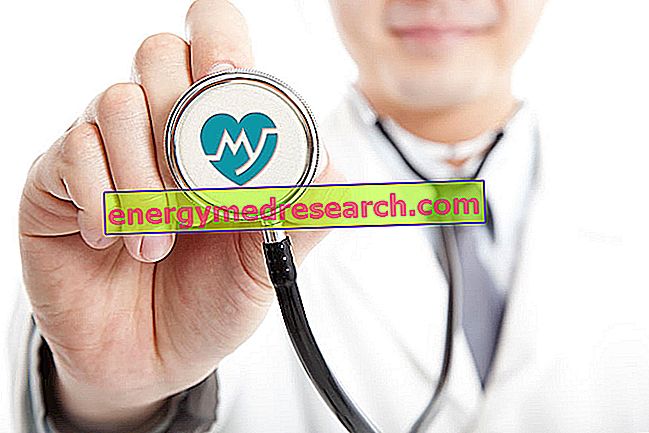Related articles: Gastroesophageal reflux
Definition
Gastroesophageal reflux is the ascent of the acidic contents of the stomach into the esophagus (normally prevented by a muscular ring that separates the two organs). Occasional episodes of gastroesophageal reflux are very common and are accompanied by symptoms such as heartburn, acidity and regurgitation of gastric contents, sometimes up to the mouth. In some cases this situation becomes complicated, evolving into the so-called gastroesophageal reflux disease (GERD or GERD), whose main symptom is retrosternal burning.Most common symptoms and signs *
- Lowering of the voice
- Aphonia
- Anorexia
- Bitter mouth
- Burning to the tongue
- Burning in the mouth
- Retrosternal burning
- Heartburn
- Bad digestion
- Conati
- Stomach cramps
- Yellow Diarrhea
- Dysphagia
- dysgeusia
- Dyspnoea
- Chest pain
- Pain in the sternum
- Pharyngitis
- Feces picee
- Glossitis
- Dry throat
- Insomnia
- Inflated tongue
- Nausea
- Knot in the throat
- Heaviness in the stomach
- Throat itch
- Wheezing breath
- Acid regurgitation
- Growth delay
- Blood in Saliva
- Mouth Metal Flavor
- Hiccup
- Drowsiness
- Muscle spasms
- Squeal
- Night sweats
- Cough
- tracheitis
- Wear of teeth
- He retched
Further indications
The rise in gastric juice causes inflammation of the esophagus (esophagitis). Repeated acid insults can cause, in addition to the aforementioned symptoms, small lesions (up to the formation of real perforations - ulcers), narrowing (stenosis) of the esophageal lumen and, in some cases, metaplasias and neoplasms. It is important to consult your doctor if the symptoms listed above occur with particular frequency, especially when they are associated with particularly dark and tarry stools.



